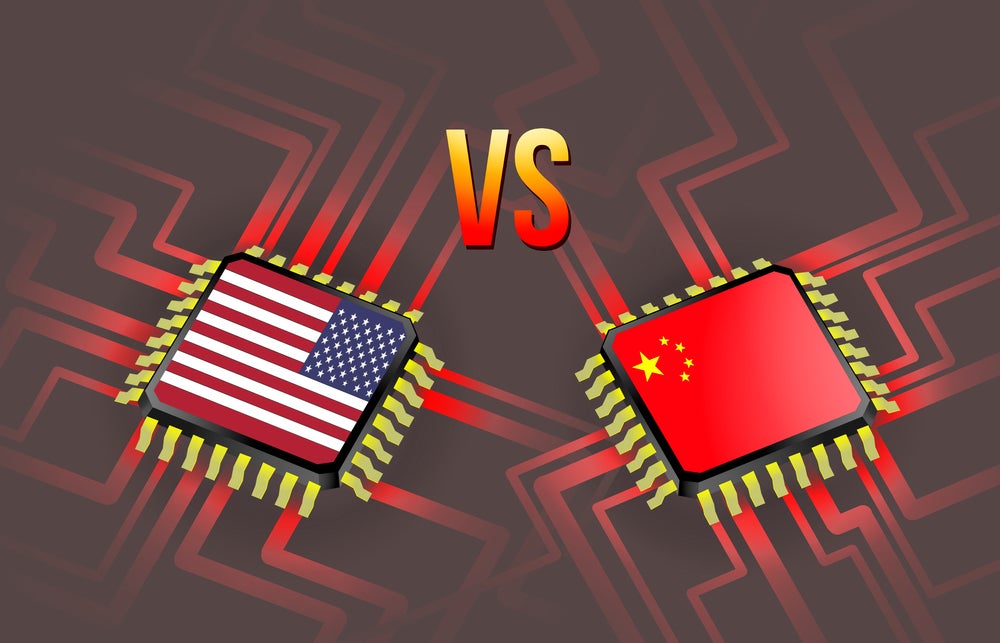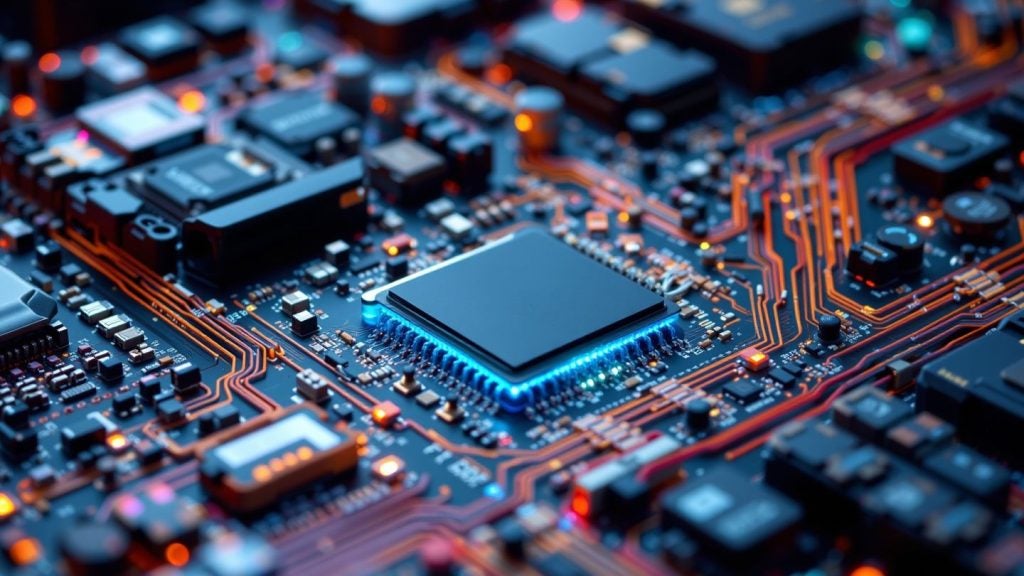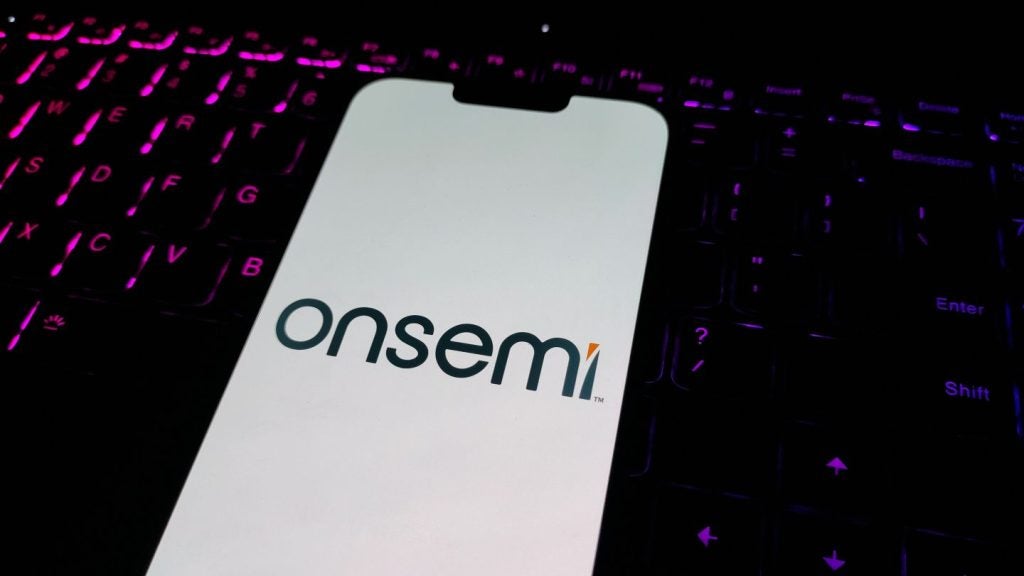A microchip no bigger than a grain of rice, inserted into an individual’s hand, is the first mainstream step in creating a more seamless process for contactless payments. There are concerns, however, over safety and privacy, with trust in Big Tech currently at a low point.
A Washington Post poll conducted in November 2021 found that 79% of Americans believe that Big Tech companies abuse information on the individuals that use their platforms. This will make it hard to convince these people to go to their local doctor and get a chip inserted into their bodies.
Walletmor’s microchip is a handy version of contactless payment
The first chip was implanted into a human back in 1998. However, Walletmor, a start-up specializing in payment implants in the form of grain-sized chips, claims it became the first company to offer these microchips for sale in 2021. It can be used in lieu of a contactless credit card and the company claims that it has sold over 500 of these chips.
Users simply hover the implanted hand over a payment machine to pay for items anywhere with contactless payment systems already in place. It uses near-field communication (NFC), which is the same technology used for smartphone payments. It stores encrypted payment data via a microprocessor and is quicker and more efficient than carrying around cash or a card that is easy to lose.
Survey data shows that Gen-Z is driving the hype
A 2021 survey in the European Payments Landscape in 2030 report found that 51% of consumers in Europe would consider a microchip implanted in their hand to pay if it met certain criteria, particularly around safety and privacy issues.
Having a payment chip in your hand feels invasive. The same 2021 survey found that 81% of respondents ‘would feel like they’re in a sci-fi movie’, which is an understandable response to a technology many might struggle to grasp. In fact, the most positive reactions to the technology were from survey respondents between 18 and 24 years of age.
Social media-driven conspiracy theories cast doubts
In an age where rumors spread of the vaccine implanting chips into people’s bodies to monitor their movements, it puts into doubt the popularity of a mass-produced microchip. In 2020, a Reddit post claimed that the Covid-19 vaccine contained a microchip that would be used to monitor people’s movements. It spread like wildfire. Even Walletmor itself accepts that it may be difficult at first to convince most people to get a chip implanted into their hands.
There is no denying that advances in technology will make the payment process easier and quicker in an age where spare time is a rare commodity. It can also be seen as a gateway to a new age of biohacking—a DIY version of editing your body to boost physical and cognitive performance. Bill Gates even predicted that in the future people would be able to use body microchips as a sort of identification/passport system—which is where the microchip and Covid-19 fiasco started in the first place.
It will be a while before microchips become mainstream. First, there must be more trust in the companies developing them, and there needs to be a reassurance that an individual’s privacy will be respected. Having said that, a microchip in the hand used for contactless payments presents an interesting initial case study in the new wave of contactless payments, which will be spearheaded by Gen-Z.






